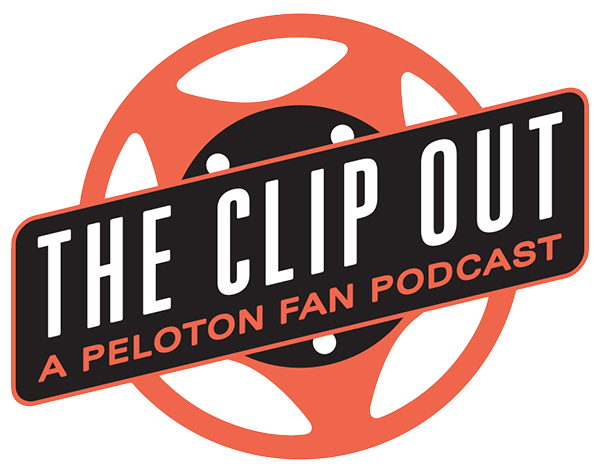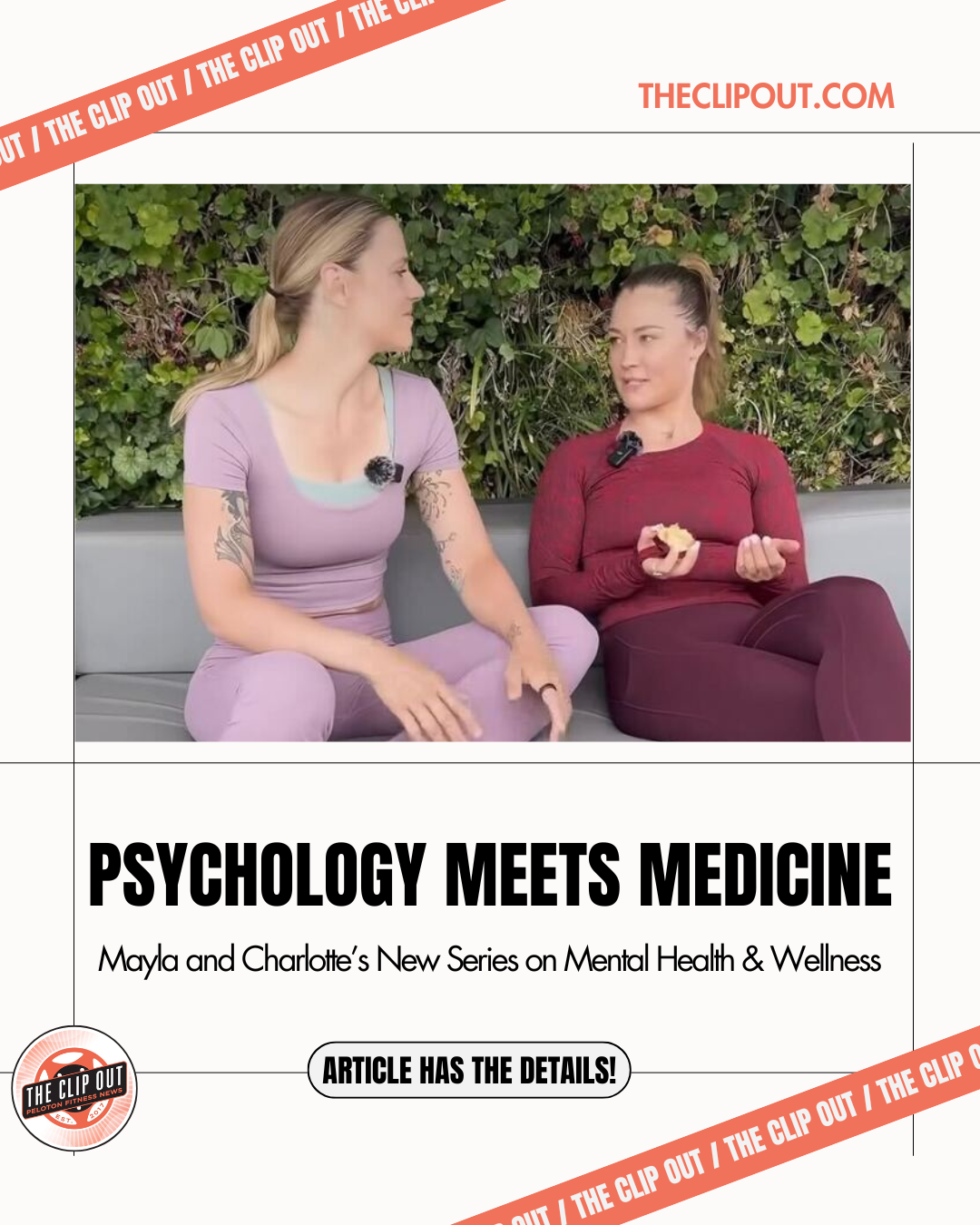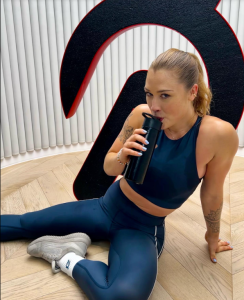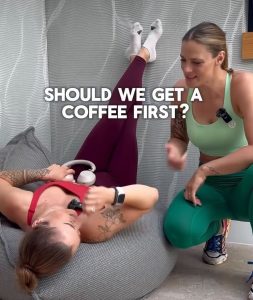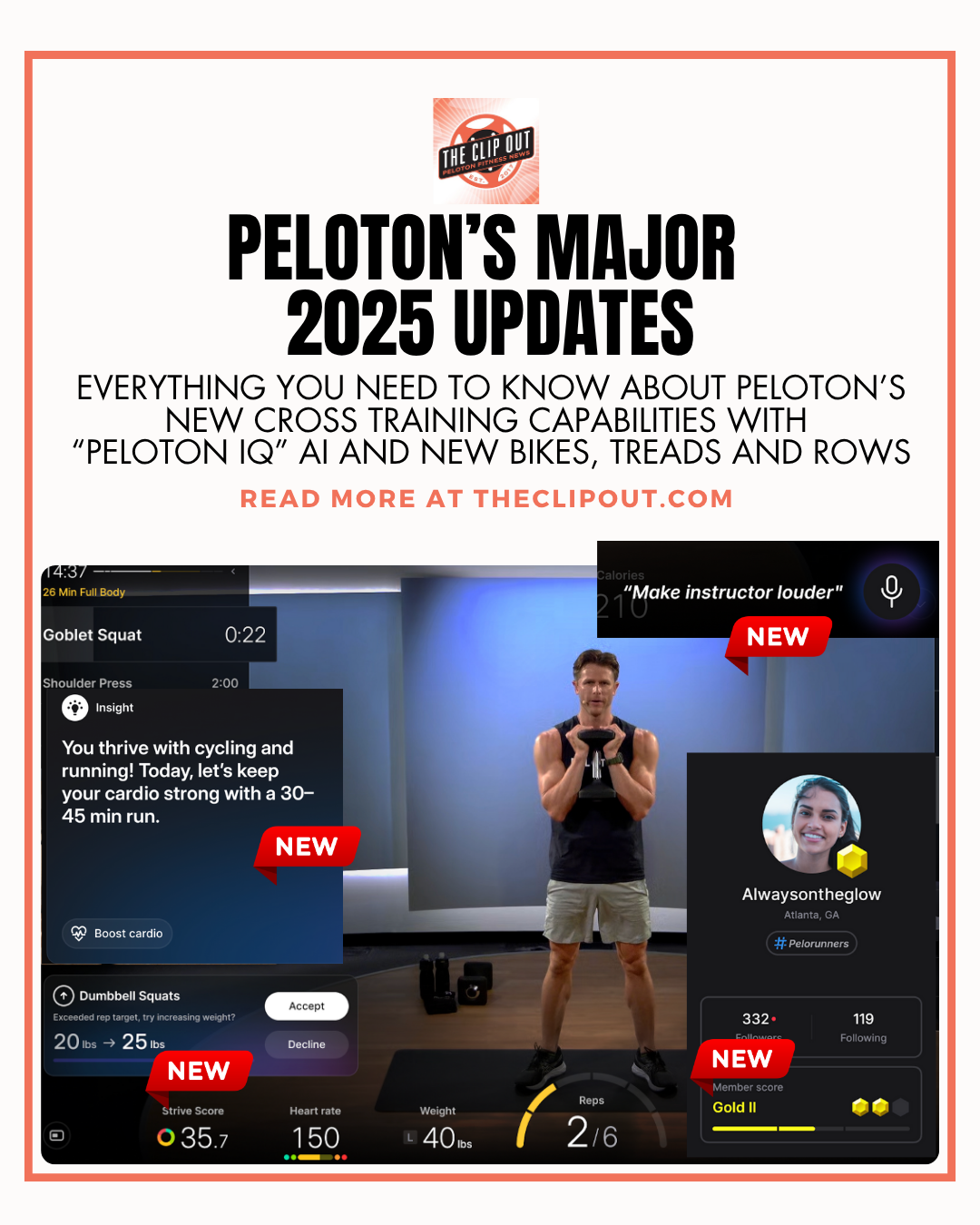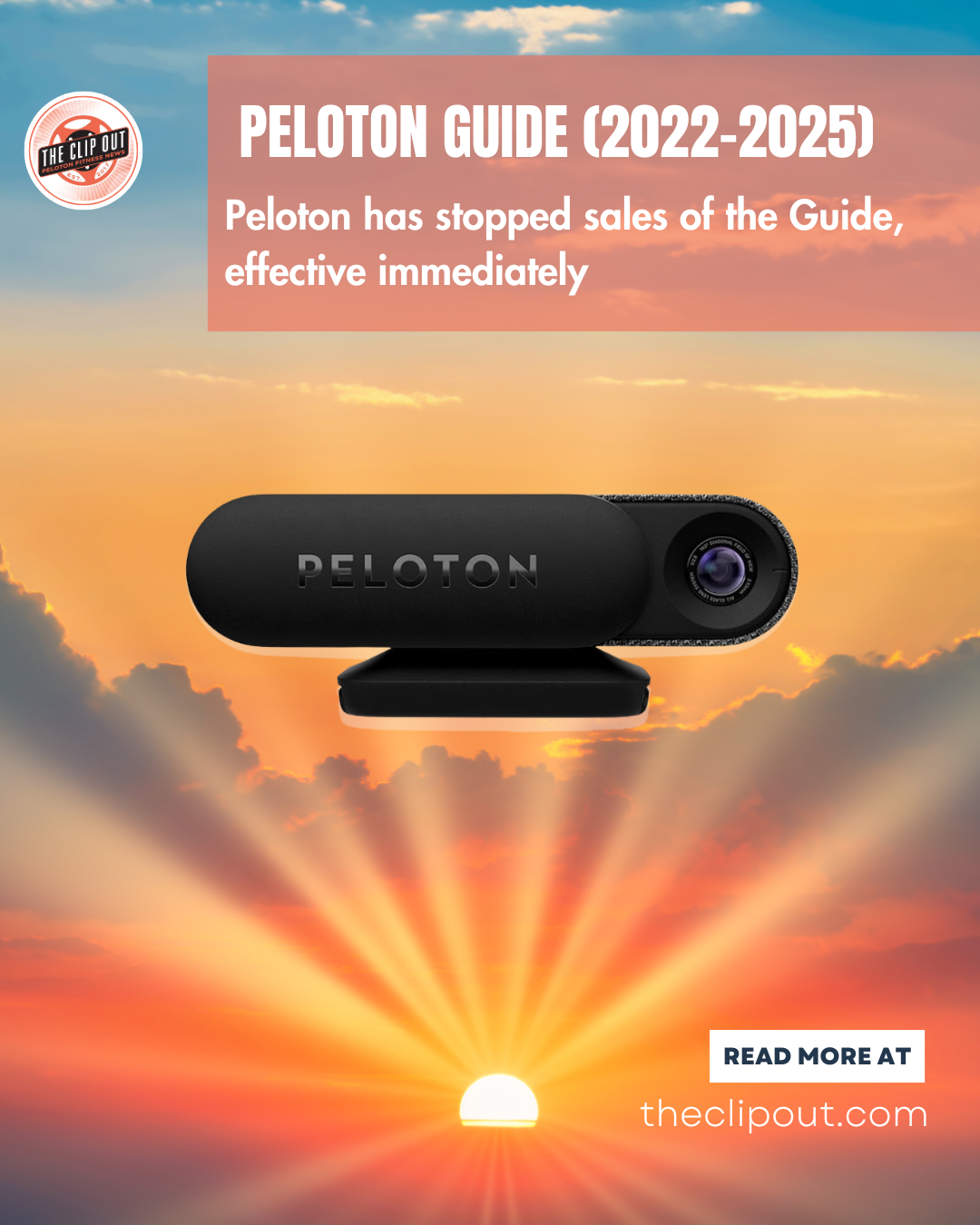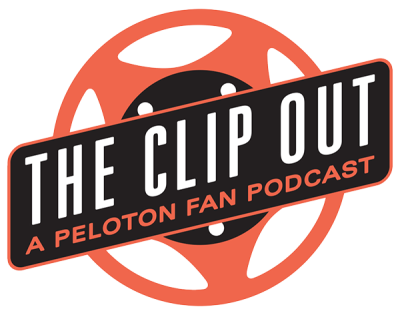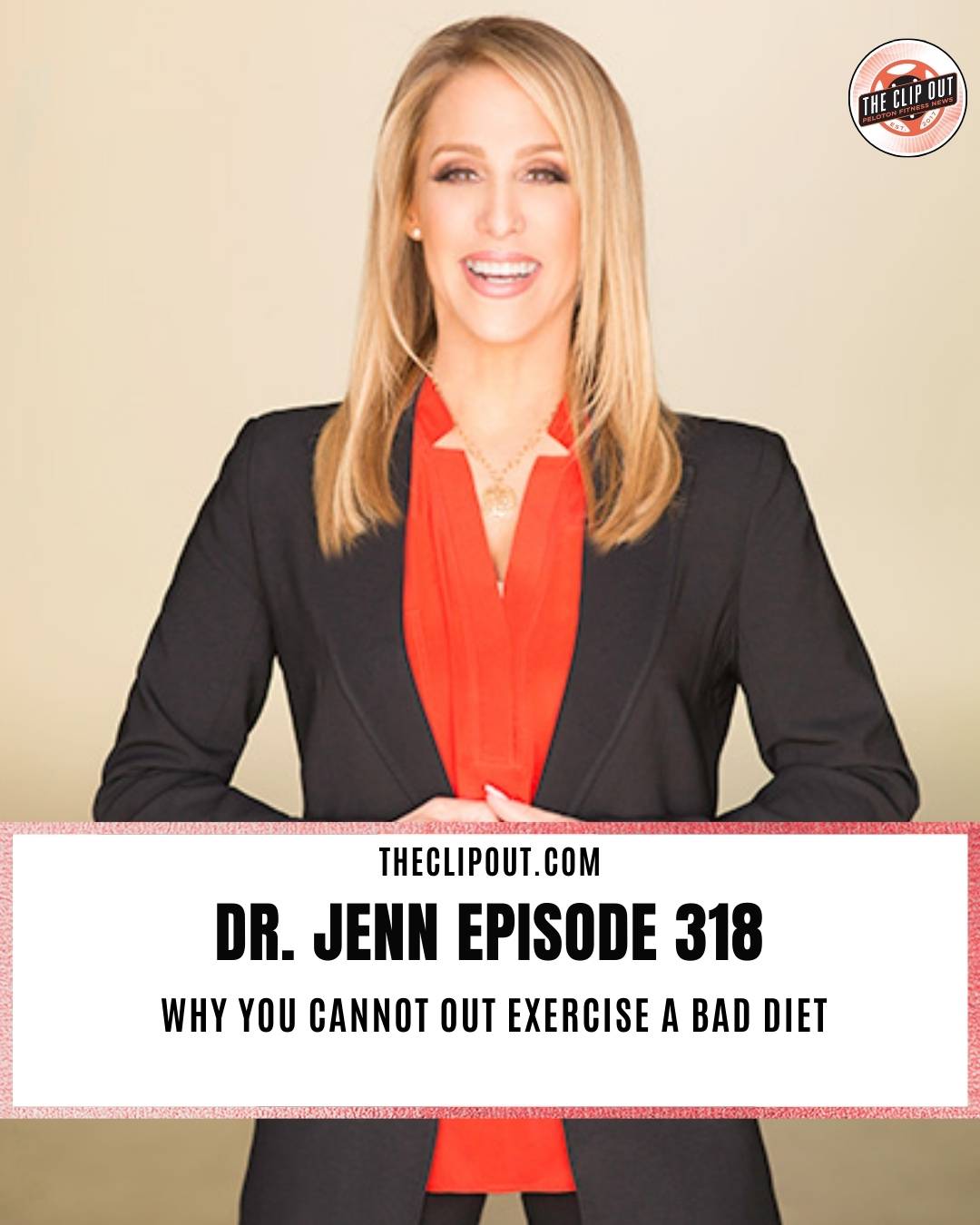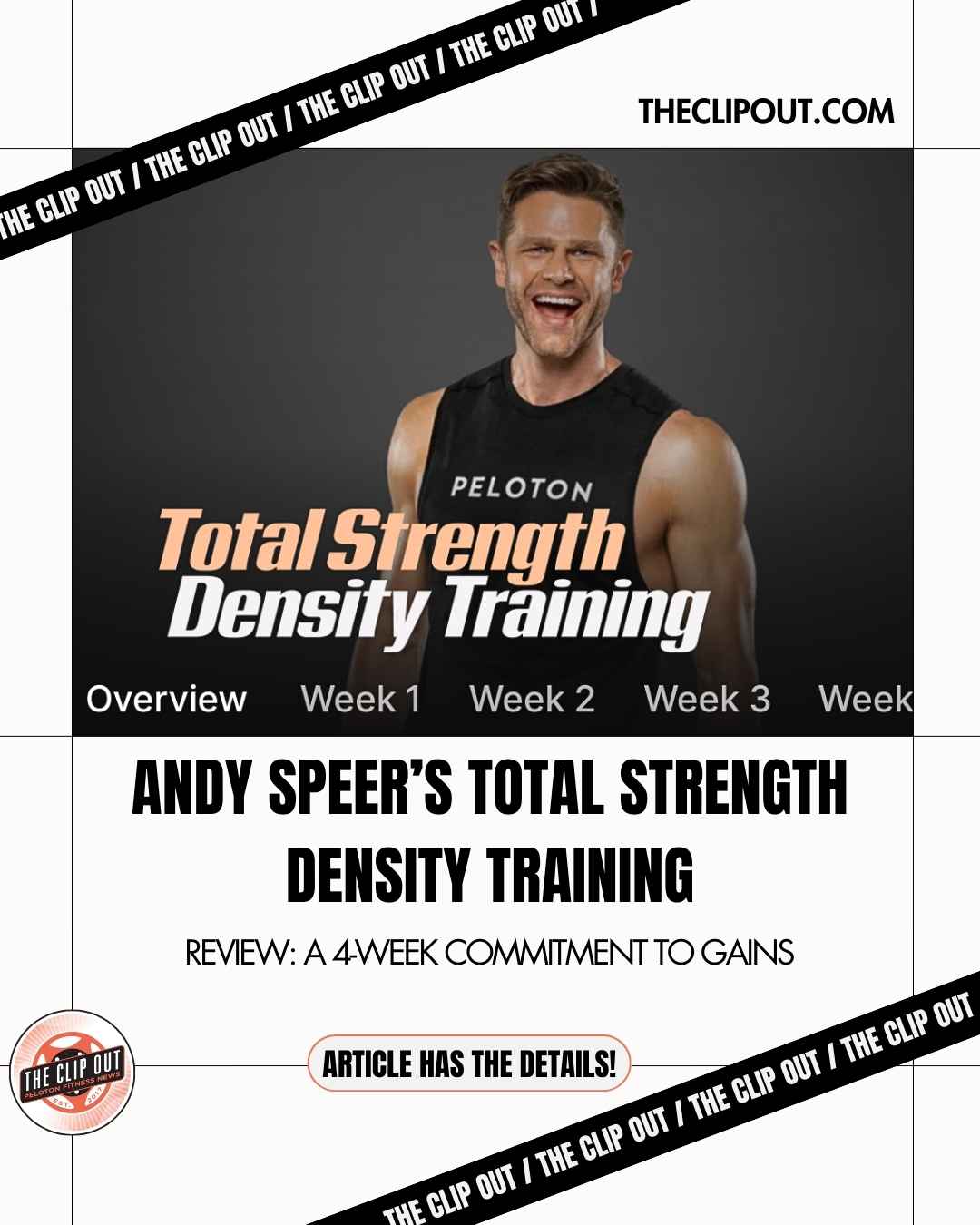Psychology Meets Medicine at Peloton
Peloton instructors Mayla Wedekind and Charlotte Weidenbach have launched what appears to be a weekly series on Instagram called Psychology Meets Medicine. So far we have gotten 2 installments filled with great tips on handling emotions and motivation. So what’s the scoop? Why are these two Peloton instructors qualified to speak on these topics? Let’s dive into their backgrounds.
Mayla Wedekind
Mayla is a former surfer and was a fitness and yoga instructor in Bali. While rehabbing from an injury, she began pursuing a distance degree in Psychology and ultimately got her Masters degree. She also authored a book entitled “The Sea, the Wave and Me”, released April 2024, extending her empowerment message beyond the workout screen. Mayla loves to blend mental wellness perspectives into her cycling and tread classes and inspires riders to “recognize their strengths” and “find inner peace.” She films in German and English from London’s studio on both the bike and the tread.
Charlotte Weidenbach
Charlotte studied medicine in Berlin and received her degree in 2021. She wanted to be a general practitioner early on in med school, but ultimately she felt more passion in prevention and helping people stay healthy and fit. She decided to pivot to fitness, and joined Peloton shortly after graduating. Charlotte delivers a science-backed approach in her cycling classes, with a focus on physiology and injury prevention. She speaks often of “fitness as medicine”. Dr Weidenbach also films in German and English from London’s studio on the bike and her metal rides have become fan favorites.
These two instructors are the perfect pair to teach us about mental health and wellness! The short clips show their personalities and blend humor with factual bits that any of us can benefit from. As a therapist, I am so encouraged to see these lessons put out into the world and that they are using their social media platforms to spread the same helpful tips – the same ones I share with my patients. Let’s break down the two installments of Psychology Meets Medicine, in case you missed them.
Week 1 – Behavioral Activation
Charlotte is seriously unmotivated to exercise when Mayla finds her and she feels like she needs a massive infusion of motivation (and maybe a coffee!), but Mayla points out that she might have it backwards. If she would just engage in the activity, the motivation would come alongside a dopamine hit. The hardest part is just getting started, so Mayla gets her to commit to a 10 minute warm up and that she thinks she can do.
This is an accurate depiction of Behavioral Activation – a psychological intervention used in therapy to treat depression. It focuses on helping people engage in meaningful, rewarding activities to improve their mood and reduce avoidance behavior. The central idea is simple but powerful – depression leads to inactivity which leads to fewer positive experiences, which in turn worsens depression. Behavioral activation breaks this cycle by helping individuals:
- Identify and schedule enjoyable or value-based activities
- Overcome avoidance and inactivity
- Gradually reconnect with sources of pleasure, achievement, and social support
As Mayla suggested, small commitments are the way to go! Just start with 10 minutes of something and see what happens – more than likely you will stick with it and keep going because it feels good and you experience pride and a sense of accomplishment. This is fantastic advice for all of us, in all areas of life – not just exercising. By increasing positive experiences, behavioral activation can help you feel better without necessarily changing your thinking – YET. We learn very quickly that there are positive mood and motivation benefits of just getting started – one step is all it takes. Watch this one by clicking here.
Week 2 – Emotional Avoidance Theory
In the second installment, Mayla wants to cancel her sprint training. Charlotte teases her for programming it in and then looks at the camera and explains what might be happening. Assignments that we don’t really want to do are interpreted by the brain as negative stressors and thus the amygdala kicks in and we switch to something else we might enjoy more. We want to avoid unpleasant feelings at all costs. Charlotte tells her not to call herself lazy – the negativity is unhelpful. Instead they have to adjust the sprints to feel more manageable and reachable. Mayla agrees and they head off to figure it out.
This vignette allows us to see Emotional Avoidance Theory in action. It refers to the idea that avoiding unpleasant emotions – instead of feeling, processing, or expressing them – can actually lead to greater psychological distress over time. Emotional avoidance is the tendency to suppress, escape, or distract from painful emotions rather than experiencing or working through them. This keeps us in an unhelpful cycle of avoidance, which is associated with increased anxiety and depression, along with reduced resilience.
Charlotte and Mayla provide the ideal set of directions – if we notice that we are avoiding feeling something and are judging ourselves in the process, the best way through it is to change the assignment or activity to inspire a more positive emotional response. We can imagine that the pair heads off to rethink the sprints and come up with a better narrative. Watch this one by clicking here.
A Dose of Weekly Positivity
As many of us have heard before, exercise is one of the best mood boosters and modulators that we have. Even so, negative emotions or a lack of motivation can get in the way of choosing the more helpful approach.
Mayla and Charlotte are bringing the science and the theory in “Psychology Meets Medicine” and breaking it down in a very consumable way – quick bites of information that we can take and use immediately. Hopefully this dynamic Peloton instructor duo will continue to bring mental health and wellness tips to our social media feed – we need all the positivity and encouragement we can get.
Interested in reading more about the effects of exercise on the brain? Click here for my most recent article.
Tune in to The Clip Out every Friday to hear Tom and Crystal’s take on this and other hot Pelotopics. We’re available on Apple Podcasts, Spotify, Google Podcasts, iHeart, TuneIn. Be sure and follow us so you never miss an episode. You can also find the show online on Facebook.com/TheClipOut. While you’re there, like the page and join the group. Lastly, find us on our YouTube channel, YouTube.com/TheClipOut, where you can watch all of our shows.
See something in the Peloton Universe that you think we should know? Visit theclipout.com and click on Submit a Tip!
Latest Podcast
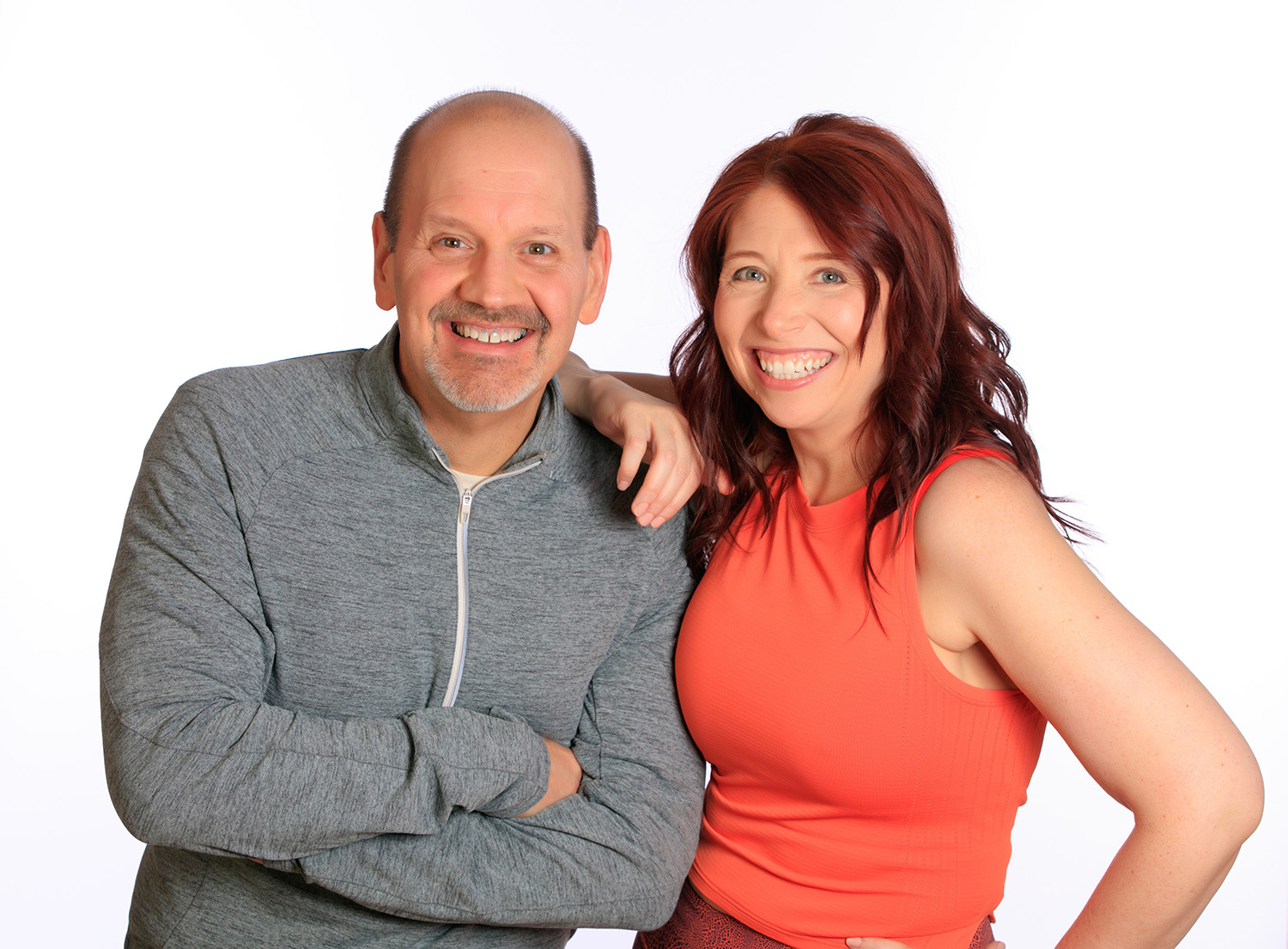
Subscribe
Keep up with all the Peloton news!
